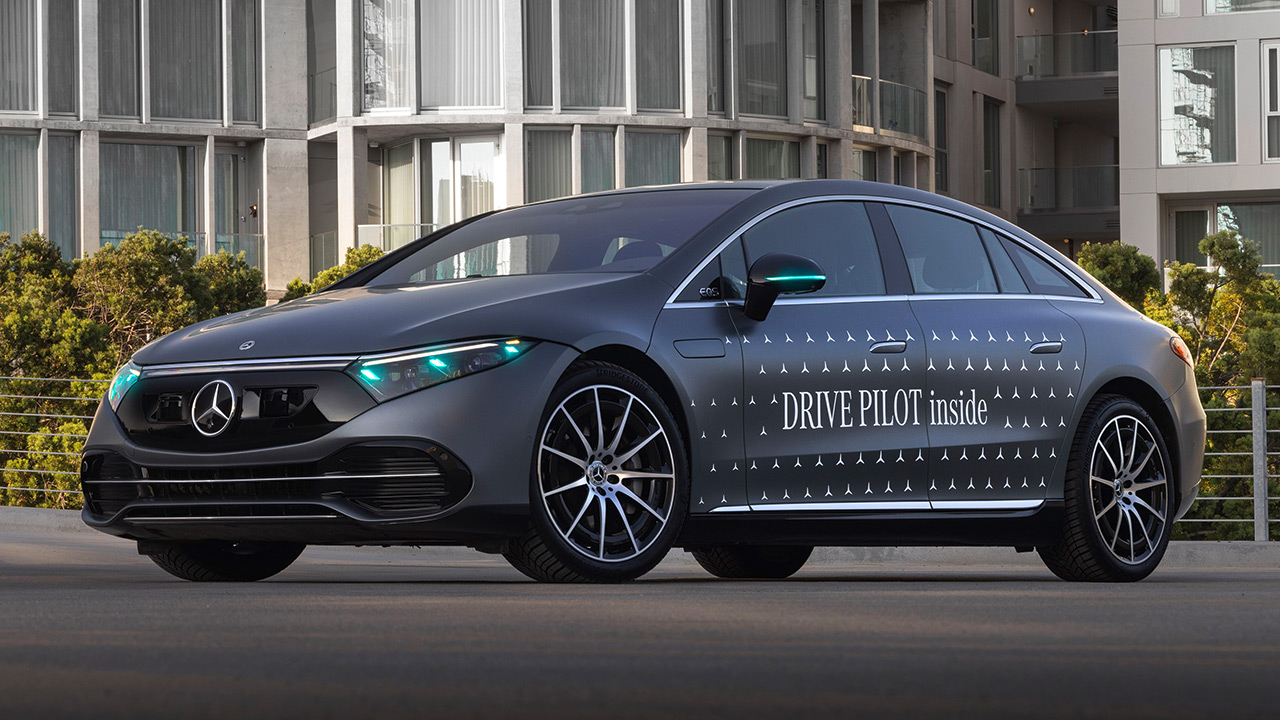The approval came over the weekend, letting Mercedes-Benz test cars that can drive themselves in most situations without a human taking over. The company will focus on tricky maneuvers like U-turns, changing lanes, parking, and navigating roundabouts and toll booths in Beijing.
Mercedes-Benz isn't new to self-driving tech in China. Last December, they got the okay to test Level 3 autonomous cars there. These vehicles don't need constant human monitoring but might ask the driver to take control sometimes. The company says it's using a "minimal-risk strategy" to keep its driverless cars safe.
While Mercedes-Benz leads the pack for foreign carmakers, some Chinese companies are already in the game. Baidu, Hongqi, and WeRide have been testing Level 4 self-driving cars in the country.
Tesla, another big player in autonomous driving, is working on getting full approval for its Full Self-Driving (FSD) system in China by year's end. The company's been getting tentative approvals throughout the year and was reportedly testing 10 cars with FSD software in June.
It's worth noting that Tesla's FSD is generally seen as Level 2 autonomy. This means drivers must keep their hands on the wheel and stay alert at all times. Tesla's approach is unique because every driver using FSD helps improve the system through real-world testing.
Other car companies are making moves in China too. Last month, GM's joint venture with SAIC launched Level 2 self-driving software.
The Society of Automotive Engineers (SAE) sets the standards for autonomous driving levels. Level 2 needs constant driver supervision. Level 3 lets drivers take their eyes off the road but might need them to take over. Levels 4 and 5 don't need any driver input at all.
As carmakers race to perfect self-driving tech, China's roads are becoming a key testing ground. With Mercedes-Benz's latest approval, the competition in this space is heating up.
Source: South China Morning Post

